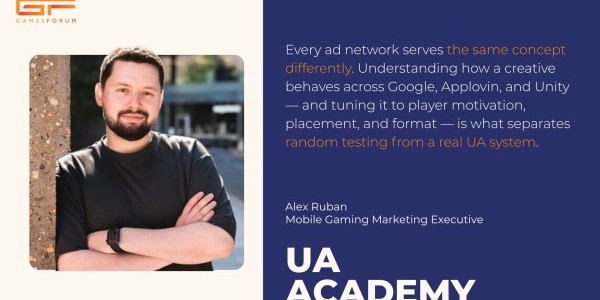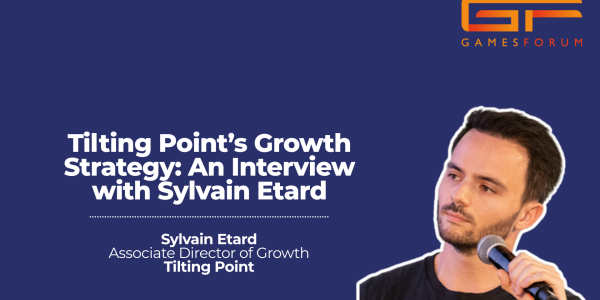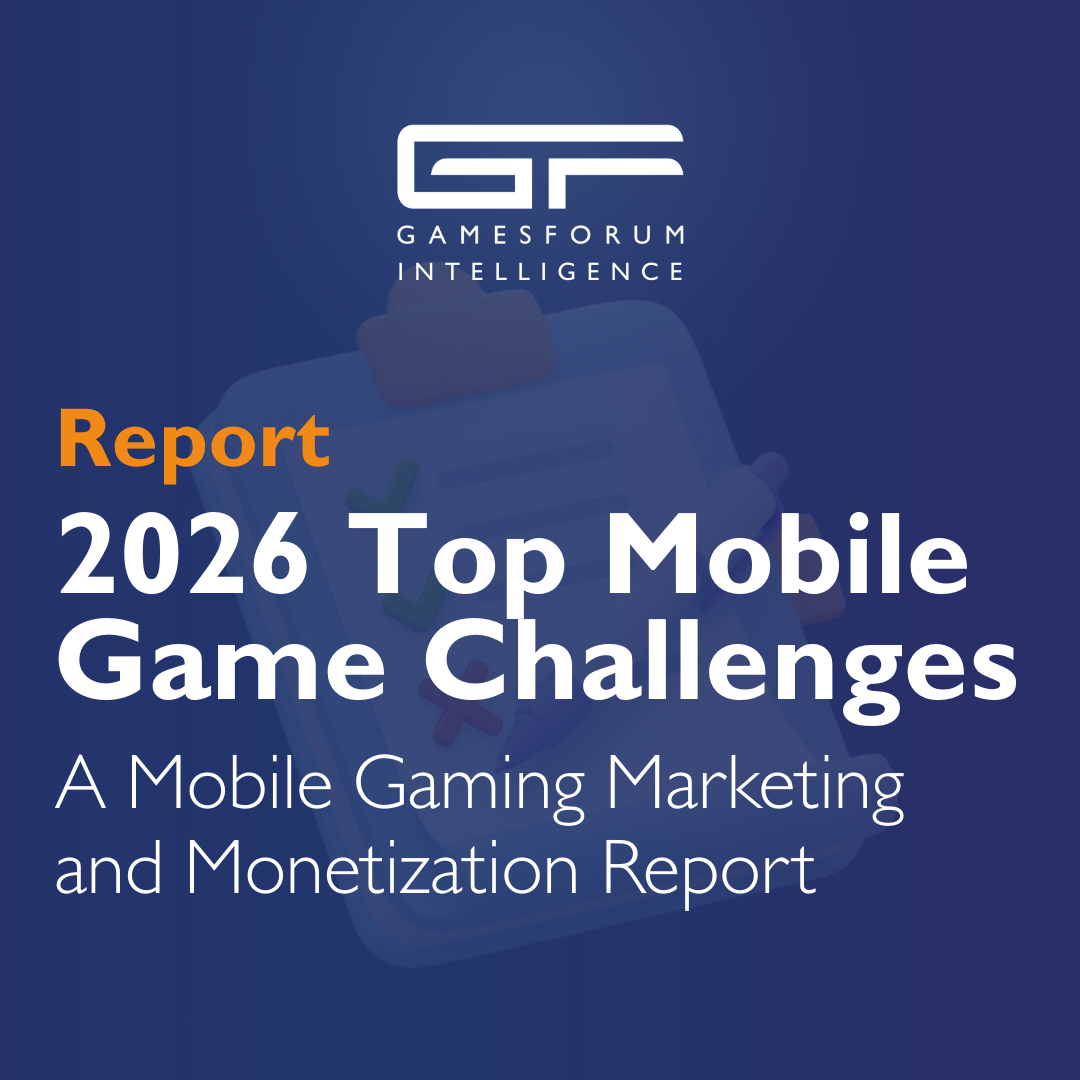Community Spotlight: Roman Garbar on Mobile Analytics and Embracing Change in a Dynamic Industry

We sat down with Tenjin's Marketing Director, Roman Garbar, to explore his unique journey to becoming the Marketing Director and to gain insights into the evolving world of mobile analytics and ad attribution. Roman shares the key moments that shaped his career and dives deep into the challenges and innovations that are transforming the mobile marketing landscape. From the rise of SKAdNetwork and Media Mix Modeling to the importance of integrating product and marketing teams, Roman offers valuable industry knowledge and practical tips for marketers navigating this complex and rapidly changing field.
Can you share a bit about your career path and what led you to the role of Marketing Director at Tenjin? What were some of the pivotal moments in your journey?
My path to becoming Marketing Director at Tenjin was anything but straightforward—a blend of bold decisions, unexpected turns, and a bit of luck got me where I am today.
Here’s the short version:
I always wanted to break into the game development scene. After a few years in web development and pursuing my own projects, I found myself working at Plarium.
At Plarium, I was in charge of building advertising analytics for mobile games from the ground up. I had zero experience with mobile at the time, and there was so little information online that I had to learn by doing.
One of the most common issues I faced was the install discrepancies. I was investigating these cases daily, so I eventually decided to write a guide on how to address discrepancies. Later, I contributed it to MobileGrowthStack by Phiture, hoping it would help others navigate similar challenges in their day-to-day work.
After I left Plarium, I wasn’t actively searching for a new job—I was actually planning a sabbatical in Thailand. But then I stumbled upon a Product Marketing role at Tenjin in San Francisco. Despite not being based in the US, I decided to give it a shot. I didn’t even update my CV; I just sent over the discrepancy article, and the rest is history. In the end, I didn’t need to take the sabbatical after all, as Tenjin was open to remote work.
In your experience, what are the most significant changes you've observed in the mobile analytics industry over the past few years, and how have they influenced your approach to marketing?
I think the introduction of App Tracking Transparency (ATT) by Apple has completely changed the mobile advertising landscape.
Some key changes that come to my mind includes:
- Adoption of SKAdNetwork or AdAttributionKit : With ATT in place, SKAdNetwork has become essential for measuring ad performance and tracking user acquisition. SKAdNetwork existed before ATT and it was not used.
- Rise of Media Mix Modeling (MMM) on mobile.
- Merge & Acquisitions. In addition to promoting their own apps, large publishers have started acquiring smaller companies along with their first-party data to maintain the effectiveness of their campaigns.
- eCPM decrease.
- Decline in publishing deals for hyper-casual developers.
- Rise of hybrid-casual.
I’m sure I’ve only scratched the surface and missed some other important developments. With more changes on the way, my main job is to stay ahead of these trends and pinpoint the ones that truly make a difference for small and medium-sized developers.
What personal marketing philosophy or principles guide your work? How have these principles helped shape the success of your campaigns at Tenjin and beyond?
I really like the concept of a white belt mentality. In most popular martial arts like judo, jiu-jitsu, or karate, the white belt is the first belt. It represents an empty canvas—a person at the beginning of their journey who doesn't yet know anything. A white belt signifies a willingness to learn, regardless of what one already knows or believes. This mentality has been one of my guiding principles.
Markets change, technologies evolve, and I don't stay attached to old ideas. What works today might not work tomorrow, so I try to approach each new challenge with the same openness and curiosity as a beginner. It works!
As someone with deep expertise in mobile analytics and marketing, what do you see as the next big trend or disruption in the industry, and how do you think companies should prepare for it?
The obvious answer might be AI, but I think we've all heard enough about it.
Instead, I’d like to focus on the intersection of Product and Marketing within organizations. If your Marketing and Product teams are working in silos, it's time to reconsider your organizational structure or at least how departments interact with each other.
In the mobile apps world, I’m particularly impressed by what Last War did—they took an ad creative concept from fake ads and integrated it into their game.
Players love it. Moreover, in their ad creatives, they have players showing the gameplay and emphasizing that this is not one of those fake ads.
None of this would have been possible without close collaboration between the marketing and product teams.
Can you describe a project or campaign outside of Tenjin that you're particularly proud of? What lessons did you learn from that experience that you still apply today?
I’m pretty proud of the marketing analytics platform we built at Plarium. Even today, I believe it still holds its ground when compared to what other enterprise-level companies offer.
The main lesson I took from that experience is that before you start doing anything, make sure you fully understand the pain points of your users. Spend as much time with them as possible.
When I joined Tenjin, I applied this lesson by spending the first couple of months in the role of Account Manager specifically for that reason.
What do you find most rewarding about working in the tech and analytics industry? Conversely, what are some of the challenges you've had to overcome, and how did you tackle them?
The most rewarding aspect is always the success of the product’s end user. Whether it's receiving a thank-you note for resolving a ticket, seeing a client's app reach the top of the app store these moments are incredibly fulfilling.
Additionally, I really enjoy the ‘aha’ moment when working with data. It’s thrilling to go from not understanding what's happening to suddenly figuring it out.
How do you maintain a balance between data-driven decisions and creativity in your marketing strategies? Can you share an example where this balance was crucial?
Tenjin's YouTube channel is a great example of where data intersects with creativity and niche expertise. I love YouTube analytics—they provide everything you need. Video thumbnails are essentially my ad creatives, allowing me to see which types of copy and imagery convert best. Additionally, the engagement metrics help me understand what resonates with the audience and pinpoint when viewers lose interest.
We resurrected the YouTube channel two years ago purely to do something creative with how we promote our reports. At the time, I don’t think anyone was thinking about YouTube videos in that way. For me, creativity in business means being willing to try something that hasn't been done before. The ideas are cheap without the execution.
The final element in this formula is expertise, and it doesn’t always have to be your own; it can come from the people around you. For instance, we've created an exclusive community for self-publishing developers, mainly founders who are just starting with user acquisition on mobile. This community is the exact audience for our YouTube videos. I often validate my ideas with them to determine whether a specific topic is worth covering in a video.
What advice would you give to aspiring marketers who want to break into the mobile gaming industry? Are there any skills or experiences you believe are particularly valuable for success in this field?
Find a niche within a niche that you genuinely enjoy working with, and strive to become an expert in it. Find a niche within a niche that you genuinely enjoy working with, and strive to become an expert in it. For example, while there are many Meta Ads specialists, how many can speak Portuguese and work exclusively with hybrid-casual games?
Start creating early on rather than just consuming content on the topic. Whether it’s developing your own article, app, ad campaign, or website, hands-on experience will teach you far more than any book. Begin writing about what you do — writing helps you think critically and clarify your ideas.
When it comes to skill sets, today's marketers need to be technically proficient. Learning something like Python or SQL can be a significant advantage.
And since it’s 2024, prompt engineering is also a must-have skill.











